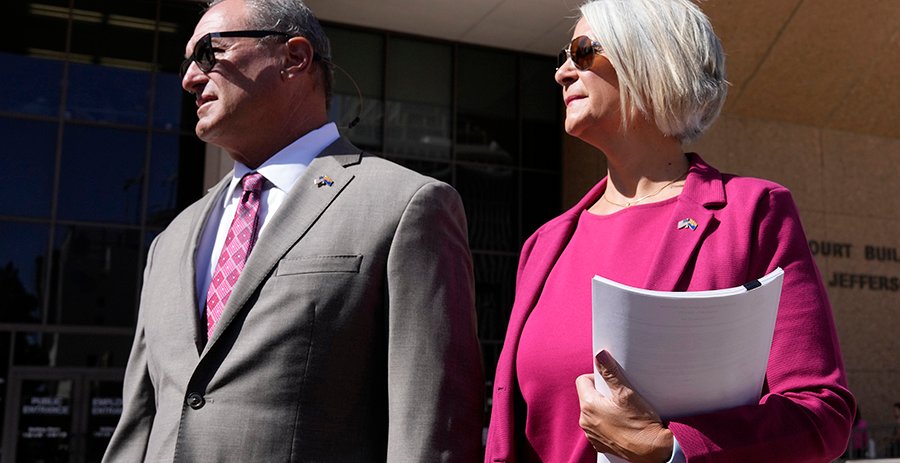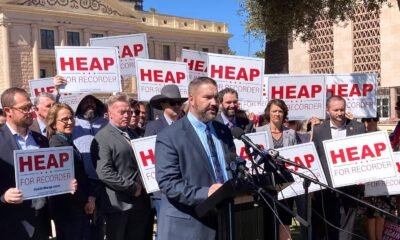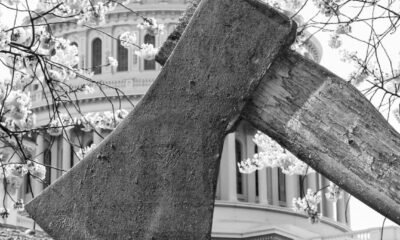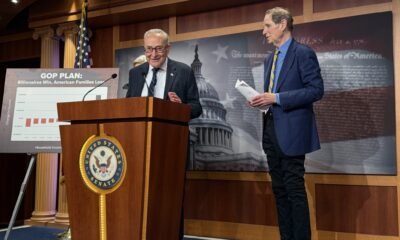courts
‘Fake Electors’ Drama: Court Showdown Looms Before Next Election

The criminal prosecution of Arizona Republicans and associates of President-elect Donald Trump regarding the alleged “alternate elector” scheme is currently paused as the year ends. As 2024 approaches, several motions remain unresolved, with future appeals expected following any decisions from lower courts. According to a defense attorney, the case has not progressed significantly, still at “square one and a half.”
In April, Arizona Attorney General Kris Mayes revealed that a state grand jury had indicted 11 Republican presidential electors and seven Trump associates for their accused attempts to divert electoral votes to Trump instead of Joe Biden during the 2020 election.
The indictment comprises nine charges: one count of conspiracy (a class two felony), two counts of fraud (one class two felony and one class five felony), and six counts of forgery (a class four felony). Among those indicted are notable figures such as state senators Anthony Kern and Jake Hoffman, former Arizona GOP chair Kelli Ward, and several other party officials. The seven Trump associates include high-profile attorneys like Rudy Giuliani and Jenna Ellis.
All 18 defendants have pleaded not guilty, although Ellis and secretary of the electors Lorraine Pellegrino have accepted plea deals. Ellis had all charges dismissed in return for her testimony, while Pellegrino pleaded guilty to a misdemeanor for filing a false document.
The remaining defendants face a protracted legal battle. Defense motions seeking to dismiss the indictment are currently pending. These motions are based on Arizona’s anti-SLAPP law, which discourages lawsuits designed to intimidate or retaliate against individuals exercising their constitutional rights.
During a hearing in August, attorneys contended that the charges were politically motivated and violated this statute. However, Judge Bruce Cohen recused himself in November following allegations of bias, putting the case in the hands of Judge Joseph Kreamer.
With no imminent rulings on the motions, further challenges regarding grand jury proceedings are anticipated. Altman remarked that despite hopeful timelines, the case’s future remains uncertain, especially given the procedural hurdles ahead. A preliminary trial date has been set for January 2026, but skepticism surrounds this schedule.
The situation continues to evolve, with implications that could stretch into the next election cycle.


















